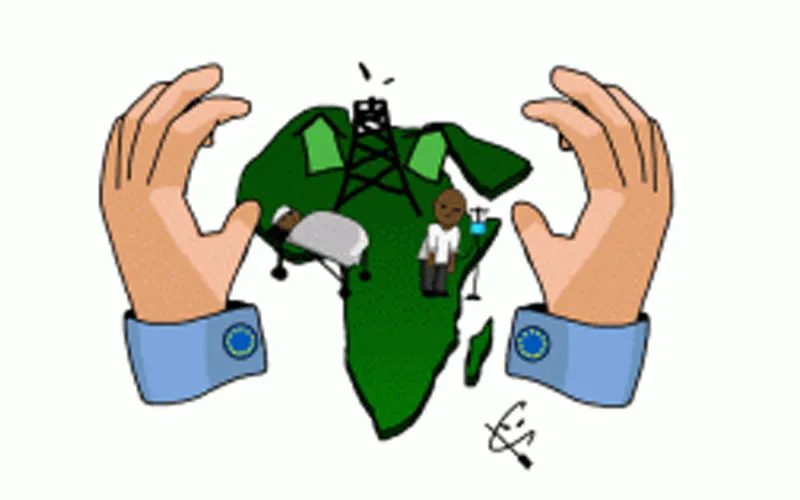Nairobi, 27 January, 2022 / 9:15 pm (ACI Africa).
Women and men Religious with presence in Africa have called on the African Union (AU) and European Union (EU) officials who are expected to take part in the sixth edition of the AU-EU Summit to seek solutions for challenges in the world’s second largest continent from Africans’ viewpoint.
In a report earlier this week, members of Africa Europe Faith and Justice Network (AEFJN), highlight some of the challenges Africans face. They urge AU members to determine challenges proper to Africa and take the lead in the development of the continent.
“Challenges for Africa are therefore the challenges of a young continent that must be addressed from the perspective of the needs of the people and not from the economic interests of transnationals or political power elites,” AEFJN members say in the Monday, January 24 report.
They add, “If Europe really wants to empathize with the challenges of the African continent, then it will have to relax its ambitions to control wealth in Africa and only then will it have understood its own values of solidarity and justice.”
In the report authored by AEFJN policy officer, José Luis Gutiérrez Aranda, the women and men Religious say that Africa is experiencing challenges that arise from COVID-19, climate and the economy.








